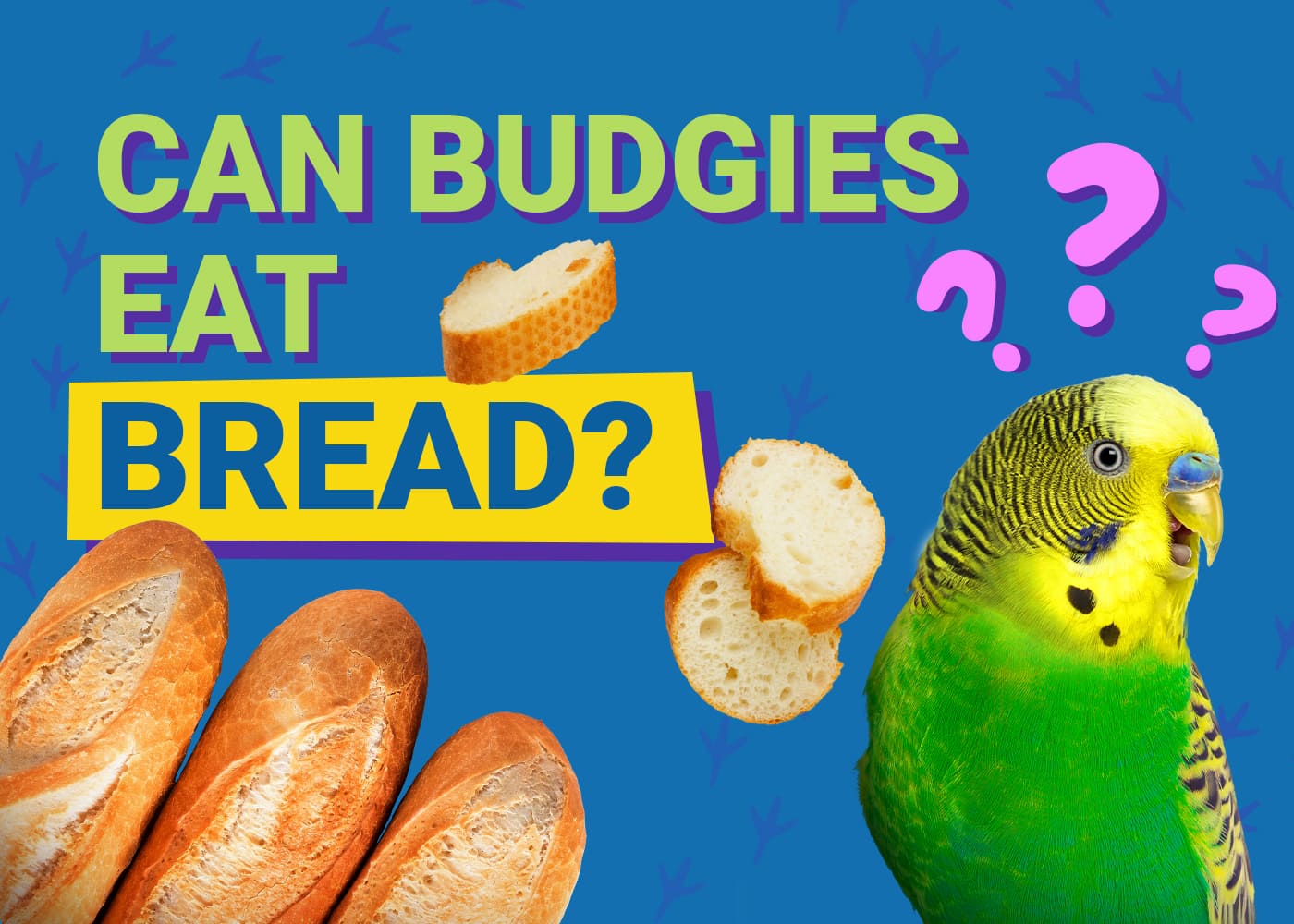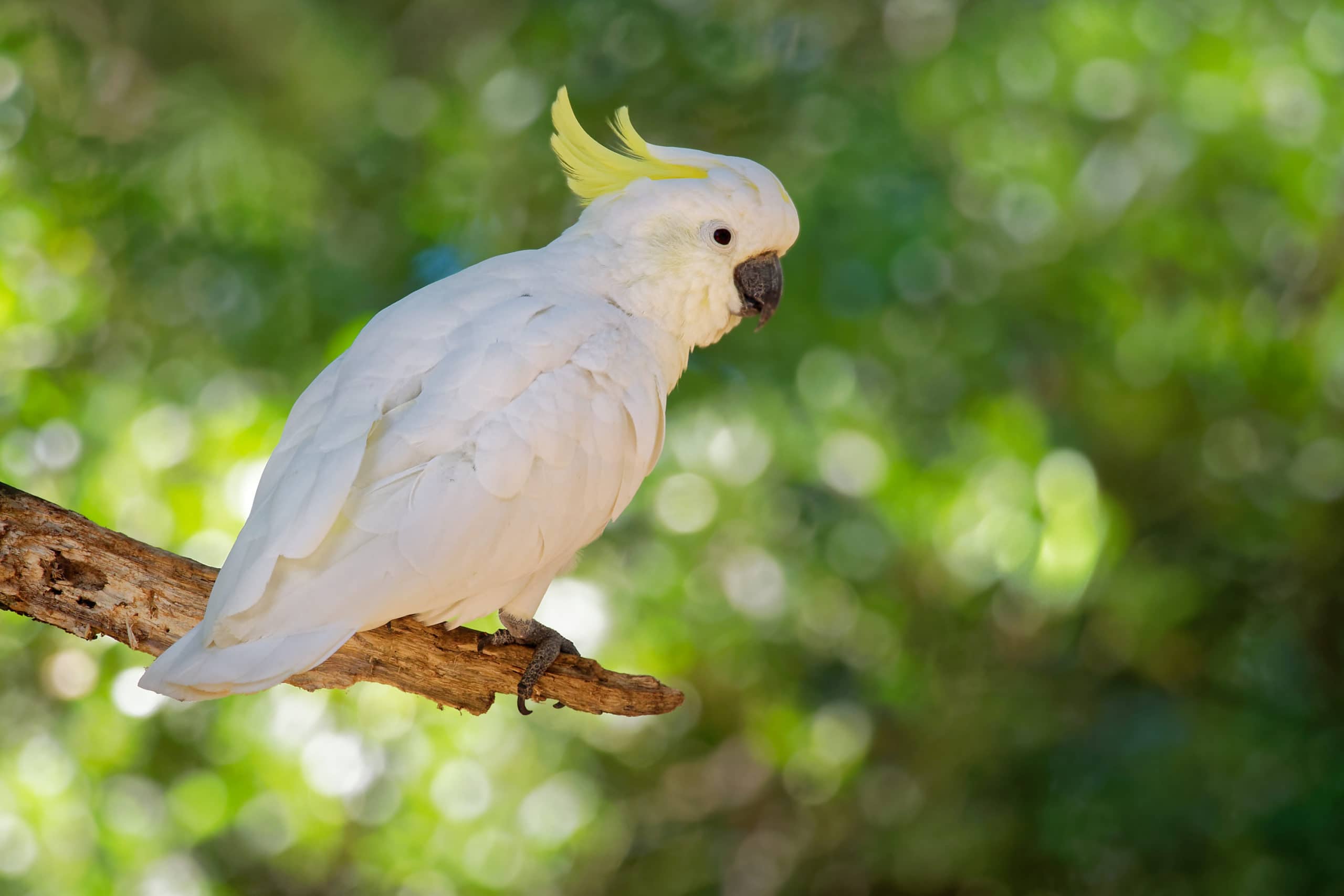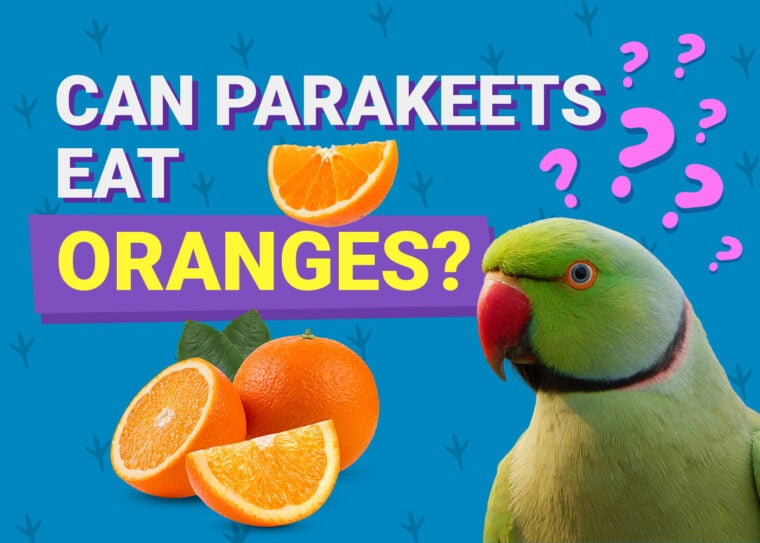
Owning a parakeet is a fun adventure. Like other birds in the parrot family, parakeets have special dietary requirements to keep them happy and healthy. With the different foods you can offer your parakeet, you may be wondering if it’s safe for them to eat oranges. The short answer is yes, parakeets can eat oranges. But you may still wonder, are oranges actually good for them?
Read on below to learn more about parakeets and whether oranges are the right sweet treats for your little darling.
Examples of parrots generally termed as parakeets include budgies, cockatiels, ring-necked parrots, and nose-ringed parrots.
Please note that the Trifoliate orange, also known as the Japanese bitter orange, hardy orange, or Chinese bitter orange is NOT safe for parakeets to consume. In this article, we’re talking about the ‘sweet’ orange (the popular citrus fruit).
A Bit About Oranges
Oranges are easily one of the most popular fruits in the world today. These citrus fruits grow in the warmest climates and offer a lot of health benefits to people and animals who consume them. Filled with antioxidants, fiber, vitamin C, folate, and thiamine, these yummy fruits can be a great addition to most diets.
While the origin of oranges is a bit vague, they are easily found in most parts of the world today. Oranges grow on orange trees, which need warmth and sunlight to produce properly. One of the best-known areas to offer fresh, delicious oranges is the state of Florida, where orange groves are abundant.
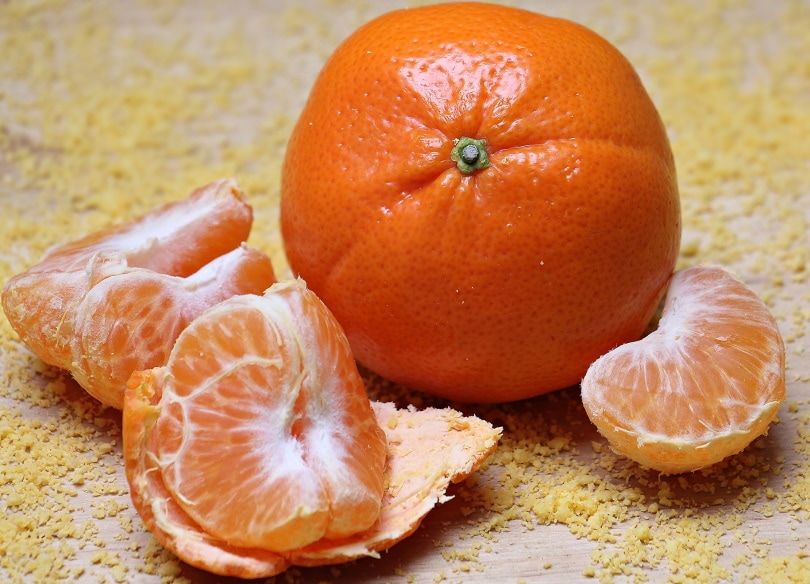
The Health Benefits Parakeets Receive from Oranges
Like most fruits, most of an orange is actually water. This is followed by the natural sugars found in the fruit, and smaller amounts of fiber and other micronutrients.
It is important to note that while orange is touted for its vitamin C content, this isn’t a factor that adds to its appeal for parakeets. Parakeets can make their own vitamin C and unlike humans and some other pets (such as guinea pigs), they don’t require this vitamin from their diet.
The 4 Foods You Should Feed Your Parakeet
Offering your parakeet a healthy diet is the best way to keep them healthy and provide them a great life. Unlike many other birds, parakeets are simple eaters. These little cuties are willing to try most things their owners offer them. This is why you should know what foods are safe to offer your feathered friend. Many of these things you may have around your home.
1. Seeds

Seeds are a major part of a parakeet’s diet. While most seed blends are similar to others you’ll find at your local pet store, most are lacking important vitamins and minerals your bird needs. This is why a parakeet shouldn’t live on seeds alone. It’s also important to remember that your parakeet needs seeds designed for small and medium birds. This is not the same as the birdseed you buy for outdoor feeders. Here’s a look at the seeds considered safe for a parakeet.
2. Pellets
Pellets are an alternative to seeds, and in some instances can be offered to pet birds alongside seeds. Often, parakeet owners introduce pellets to their birds to ensure all their dietary needs are met. Unfortunately, some parakeets don’t always accept this change. If you want to offer your bird a variety, it takes some training. Take your time and introduce pellets mixed with their favorite seeds. This will help avoid issues with your parakeet avoiding their food bowl altogether.
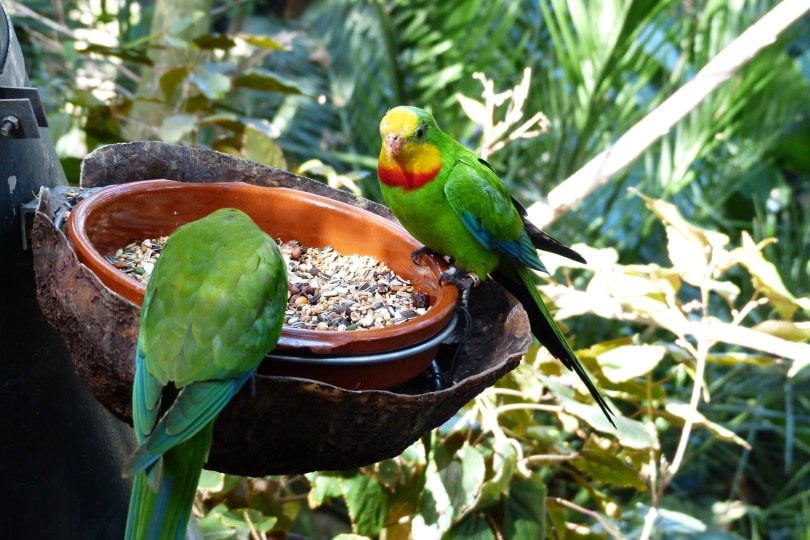
3. Fresh Fruits and Veggies
Most parakeets love the addition of fruits and veggies to their diet. This is why they enjoy oranges so much. Other fruits such as strawberries and blueberries are also high in antioxidants and great for your parakeet. Keep in mind, though, fruits are also high in natural sugars.
Vegetables are great for parakeets and other types of birds. Introducing fresh veggies and leafy greens such as lettuce into a parakeet’s diet is an ideal way of providing them with the vitamins and minerals their seed and pellets don’t provide. Veggies can be offered every day if your parakeet enjoys them. Unlike fruits, they do not contain high levels of sugar.
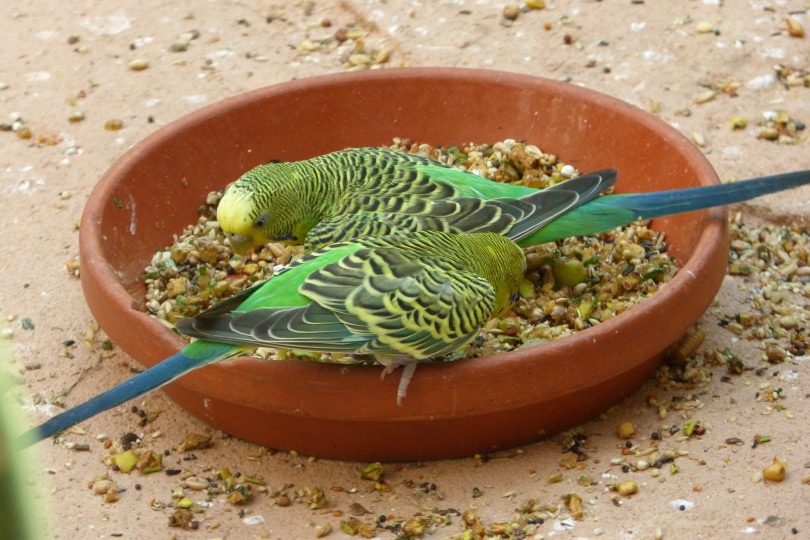
4. Nuts
Although high in fat, nuts are another food parakeets enjoy when added to their diet. Weight issues can occur if you give your parakeet nuts every day. Like with oranges and other fruits, only give nuts sparingly. Here’s a look at a list of nuts considered safe for your parakeet:
Always remember to avoid unwanted dyes or chemicals when offering your parakeet fruits, nuts, and vegetables from your home. When possible, choose organics for your pet to keep them healthier longer.
Foods Your Parakeet Should Avoid
Most of us know the foods our cats and dogs should avoid eating, but what about a parakeet? As with any pet, there are certain things these small birds shouldn’t be allowed. Many can pose a serious threat if ingested. Take a look at this list of foods you should avoid giving your parakeet to keep them happy and healthy for many years.
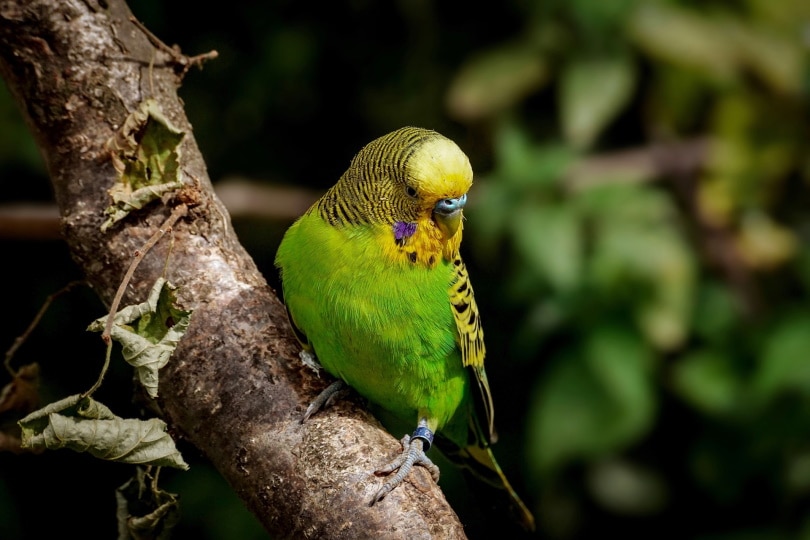
Can Oranges Be Dangerous for a Parakeet?
Like with any food you offer your pets, moderation is important. While oranges offer your parakeet several health benefits, they can also cause issues if you feed too many to your parakeet. The biggest problem you may see with overfeeding your parakeet is blood sugar spikes. The high levels of sugar and inability to work that energy off can leave your bird gaining more weight than it should and can also cause their insulin levels to become imbalanced. Only give your parakeet oranges a couple of times a week to keep a healthy balance.

Conclusion
As a pet owner, the most important thing is to keep your pet happy and healthy. By ensuring your parakeet is eating a well-rounded diet of seeds, veggies, and fruits you can enjoy a long life together. The addition of oranges to this diet will provide your parakeet with the right mix of nutrients for a healthy life.
See Also:
- Can Parakeets Eat Wild Bird Food? What You Need to Know!
- Can Parakeets Eat Pineapple? What You Need to Know!
Featured Image Credit: Kolotygin Igor, Shutterstock



